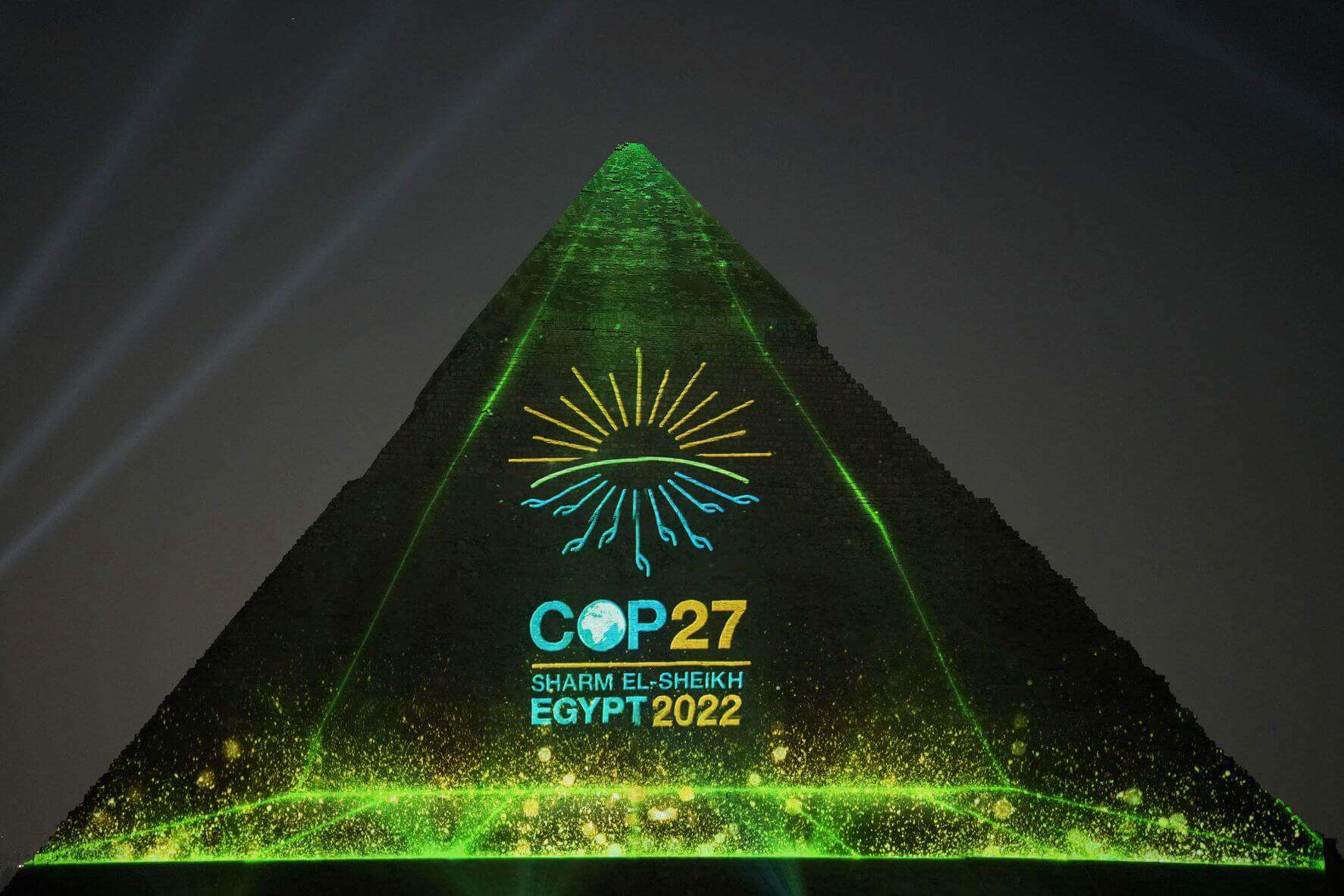The question of whether ‘loss and damage’ should lead to compensation and acceptance of liability is causing ruptures at the COP27 climate talks in Egypt.
Loss and damage is the irreversible economic and non-economic costs of extreme weather events such as cyclones, and slow onset climate disasters such as sea-level rise
And it is at the heart of Pacific islands negotiating positions at COP27.
Pacific Islands Forum (PIF) Resilience and development finance advisor, Karlos Lee Moresi says heated discussions over loss and damage went all night on the eve of the conference opening.
“The sticking point really is around the need from developing countries perspective, that the loss and damage discussion should not lead to compensation and liability, which is an undefined concept,” he said.
He was happy that the agenda eventually passed with the insertion of the words ‘co-operation and facilitation’, expanding the discussion beyond just avoiding loss, and avoiding liability and compensation.
Moresi pointed out that the Pacific negotiators did not sell out. “We accepted that noting that the UNFCCC process is not the only process we can go to for matters relating to loss and damage”
“Of course, it is an important platform but in saying that, we took note of the Vanuatu initiative to ask the International Court of Justice (ICJ) for their opinion on the responsibility of developed countries with regards to climate change, opening up a possibility for other legal measures outside the initial procedure framework,” he said.
As far as promises by big emitters are concerned, Moresi said, “Unfortunately, we cannot force them to deliver on their promises, but we can come to COP and asking, highlighting as well as making countries accountable for the words they said, but doing the opposite”
So for the first time in UN climate negotiations, Loss and Damage has made it onto the agenda. The details of how a financing mechanism will work are being thrashed out now.
